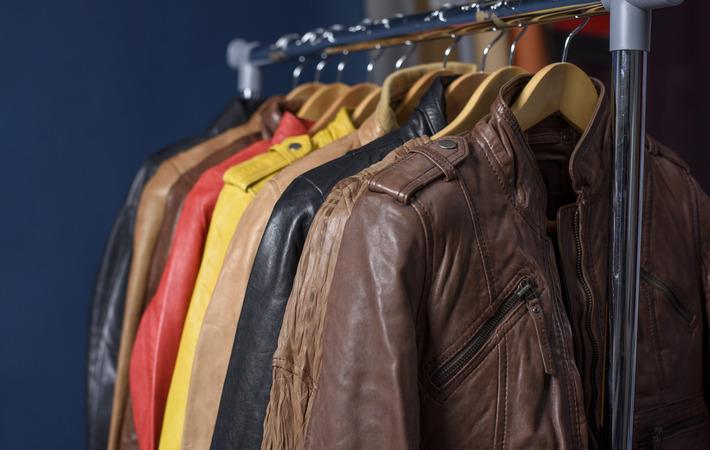
Source: www.fibre2fashion.com
The global export of leather apparel and accessories grew 13.62 per cent to $87,573.83 million in 2019 compared to $77,075.43 million in 2017. Total exports increased 6.06 per cent in 2019 over the previous year, according to data from TexPro. Further, the export is expected to surge to $90,832.45 million in 2022 with a rate of 3.72 per cent from 2019.
The global import value of leather apparel and accessories was $65,530.15 million in 2017, which jumped 15.14 per cent to $75,448.57 million in 2019, according to Fibre2Fashion's market analysis tool TexPro. Total imports were up 4.62 per cent in 2019 over the previous year and is expected to grow to $77,960.70 million in 2022 with a rate of 3.33 per cent from 2019.
China ($29,564.41 million), Italy ($12,261.92 million), France ($9,547.48 million) and Hong Kong ($4,406.00 million) were the key exporters of leather apparel and accessories across the globe in 2019, together comprising 63.69 per cent of total export. These were followed by Vietnam ($4,189.80 million), Germany ($2,666.01 million) and Netherlands ($2,586.99 million).
US ($9,719.31 million), Japan ($6,356.96 million), France ($5,440.98 million) and Hong Kong ($4,914.71 million) were the key importers of leather apparel and accessories in the globe in 2019, together comprising 35.03 per cent of total import. These were followed by Germany ($4,626.37 million), Italy ($4,080.28 million) and China ($3,986.00 million).
From 2016 to 2019, the most notable rate of growth in terms of import value, amongst the main importing countries, was attained by Japan (19.22 per cent), US (17.57 per cent) and Hong Kong (16.42 per cent).
